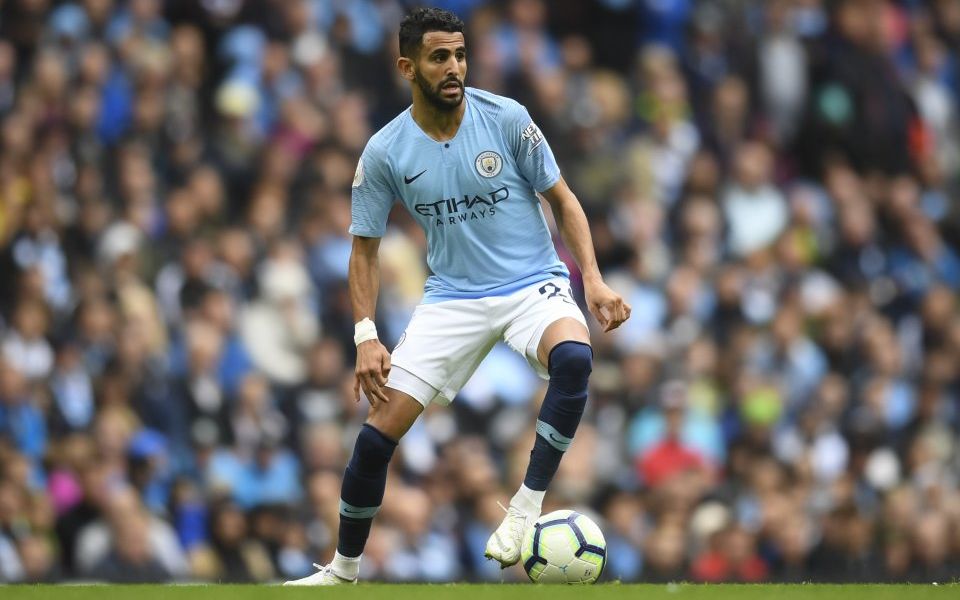Q&A: What will Brexit’s impact be on the Premier League?

Leading immigration lawyer Owen Jones assesses the possible consequences of Brexit on the Premier League.
What's the issue?
A key uncertainty around Brexit is to what extent, if any, EU nationals should be given immigration advantages.
Read more: New poll says UK would vote against Brexit today
It has been rumoured that the government favours a level playing field approach whereby a French national would have to follow the same immigration routes as, say, a Brazilian or Australian.
How does this affect football?
Worries about the talent pipeline extend to many sectors of the UK economy, including sports.
The Premier League has concerns about retaining its quality and standing post-Brexit and favours abolishing restrictions on bringing in overseas players.
Ultimately, the Premier League fears that current immigration restrictions on players from outside the European Economic Area (under Tier 2 of the point based system) will be extended to all players from EU countries.
What's the current system?
Clubs must first obtain a Governing Body Endorsement (GBE) from the Football Association in order for the Tier 2 visa to be issued.
In broad terms, a successful request for a GBE requires the player to be a regular for a high-ranking international side and/or be the subject of a high transfer fees and high wages.
The Premier League says that extending this GBE system to EU players would be devastating to clubs and their ability to sign the best emerging European players post-Brexit.
So what happens next?
We understand that talks between the Premier League, the FA and the Home Office are ongoing and look forward to any official news from the Home Office.
In my view, if a ‘level playing field’ approach is adopted post-Brexit then there will need to be an overhaul of current GBE arrangements at the very least.
I consider it unlikely, however, that the GBE system will be entirely discarded as this would in effect result in giving clubs free rein to bring in any number of footballers from any country.
To do so would be to completely disregard the protection of resident workers – contrary to the principles of the Home Office’s long-established visa system.
Is a compromise possible?
The FA would also be unlikely to support the removal of the GBE system as it would leave it unable to influence the number of non-UK nationals signed by clubs.
Perhaps other ways to protect home grown talent development could be offered to the FA in exchange, but they would surely need to be significant in order to get the FA to readily give up the only card it holds.
My prediction, therefore, is that radical change will not take place here and that it is much more likely that the GBE system will be tweaked rather than abolished.
I may be wrong, however, and it will be fascinating to see how this plays out.